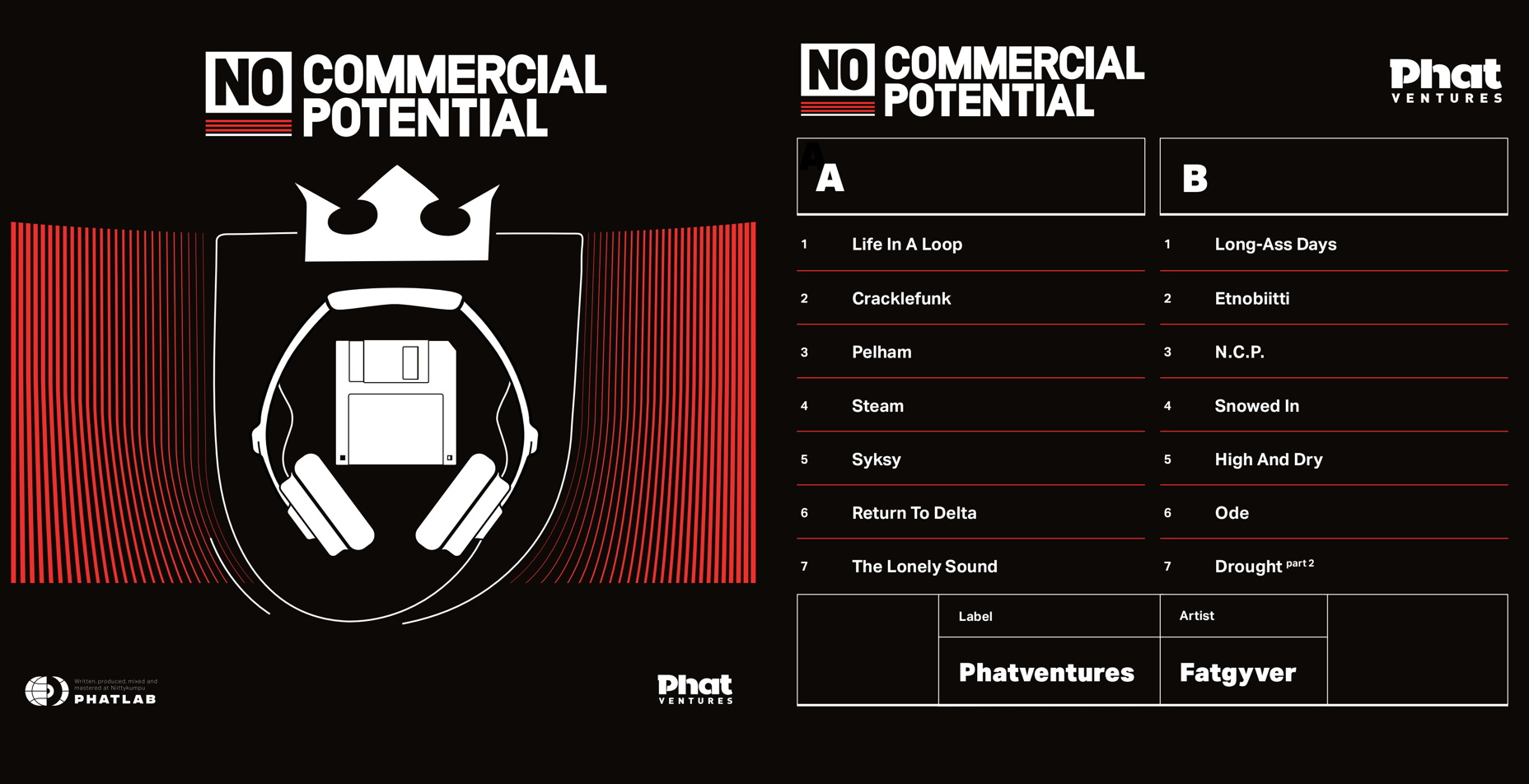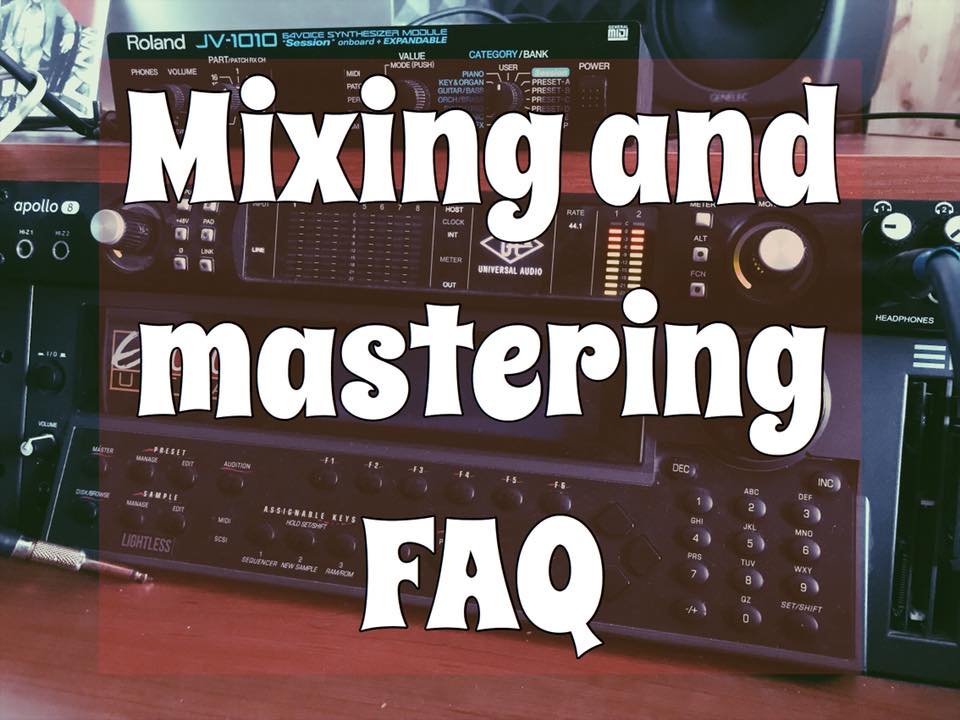Surprise Fanu release.
New deep vocal D&B time.
I present to you my new one-off remix job I did for Peyote Buttons Music. He kindly contacted me about a possible remix, and, TBH, I don’t remix stuff _that_ often, but the original kind of struck a chord in me and I really wanted to get this busy with this one.
The result is here, and I’m happy about how it came out.
If deep vocal DNB is your thing…this might be, too.
LINKS:
• BANDCAMP
• BEATPORT: http://bit.ly/2ZLRKHG
• JUNO: http://bit.ly/2GWyos0
• ITUNES: https://apple.co/2YUJBPV
• SPOTIFY: https://spoti.fi/2MQ1ayf
• YOUTUBE: http://bit.ly/31rJcWP

